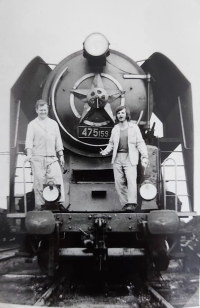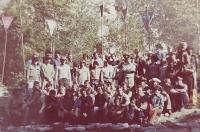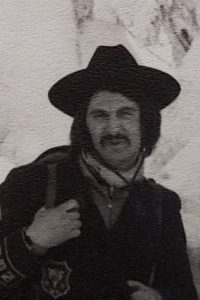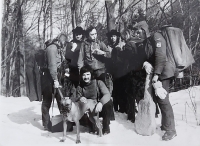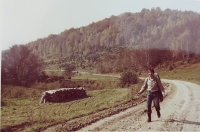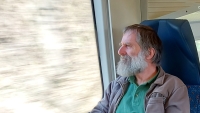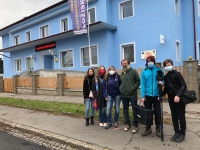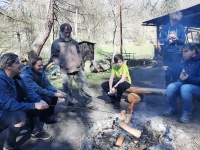To have a feeling of freedom at least on Saturday and Sunday

Download image
Lumir Zeman was born on April 5, 1953 in Litomyšl, but he grew up in Chomutov from the age of six. Following his grandfather’s example, he decided to become a train driver. As a fifteen-year-old, he sensitively perceived the Soviet invasion of 1968 and the subsequent normalization that affected his father. Lumír Zeman found solace in trips to nature, in 1970 he was at the birth of the still functioning tramping settlement Safírová hlava. In the 1980s, he organized concerts of folk performers in Chomutov, experienced the events of the Velvet Revolution, and went to demonstrations in Prague. He traveled much of the world as a single, played a variety of sports, and started a lightning and surge protection business. At the time of filming the interview (2021), he lived in Chomutov.
